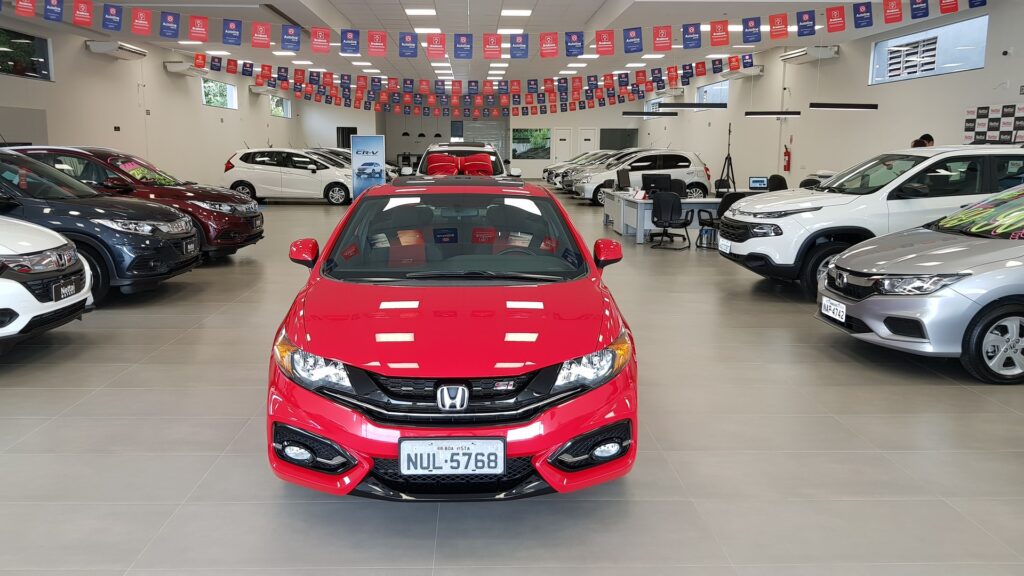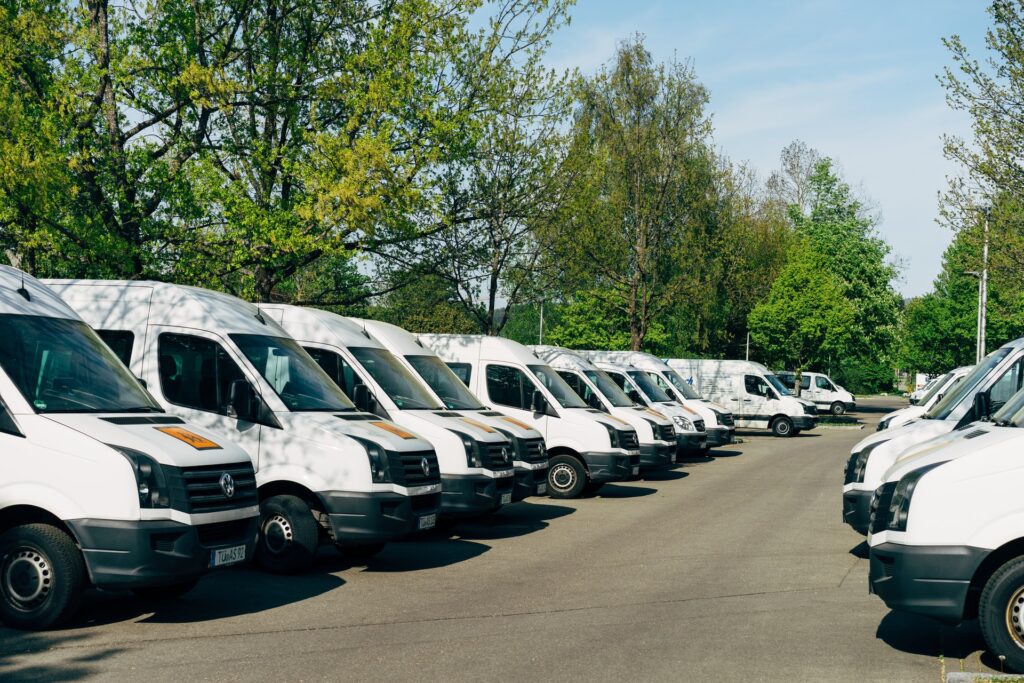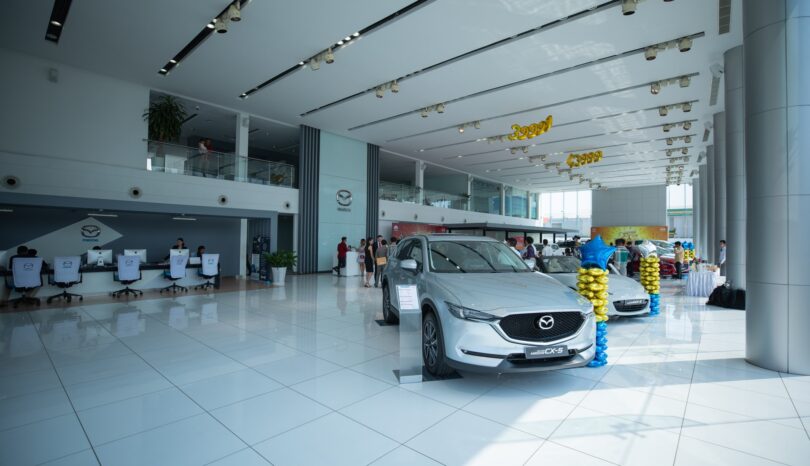Everything You Need to Know Before Leasing a Company Car for Business
Choosing to lease a car for your business is a financially smart thing to do.
There are tax benefits, lower maintenance costs, smaller monthly payments, and many other benefits that would make opting for a car lease in Ireland or anywhere else in the world the wisest option.
However, some limitations and regulations are involved in choosing to lease a car for your business needs. Read on to learn everything you need to know before deciding if leasing is the right option for you.
Can a new business lease a car?
New businesses can lease a car, even when you are just starting out. As long as a finance provider can see proof that shows the company can afford the monthly rentals, it won’t matter if you’re a start-up or well-established.
Business leasing is an excellent way for start-up companies to cut costs by not investing in a depreciating asset. For fixed monthly payments, you can get a leased vehicle that is brand-new and does what you need it to, without having to worry about overspending company cash.
Choose your car wisely

Choosing the right type of car under a business lease is essential. It needs to fit with both your business and personal needs and act as a reliable asset. The usage of the car is a vital criterion too.
For businesses that need fleet vehicles, heavy-duty options, or cars with particular features, you might want to work with a dealer to create a customized solution. To do this, you’ll first need to have a clear idea of what your needs are.
You may also have better luck getting the ideal vehicle if you give yourself some time to shop around and work with a dealer on customization options, rather than desperately searching for something that you can drive off the lot in a single day.
Pay attention to mileage limits
Before you go into a lease, you will need an estimated annual mileage for your car use. A typical lease might have a yearly 12,000-mile limit. If you think you will be running at more than 12,000 miles a year, it’s worth paying extra for the additional mileage.
Otherwise, you will have to pay for the additional mileage used at the end of the lease. Check to see if any special deals are available before signing the papers.
Residual value and resale value

Residual value is a term that describes the value of the car at the end of the lease. The name “residual value” is also used to describe the amount a business expects to sell an asset for at the end of its useful life.
The residual value is a function of the amount and rate of depreciation on the car or other business assets. The longer the lease term, the lower the residual value will be (because the vehicle will be older when you return it). Thus, you will pay more in total depreciation with a longer-term lease.
Consider the car’s residual value at its end of life and determine how that relates to resale values. To avoid losses, you want to match the resale value to any debt owing at the end of the lease term.
The residual value, also known as the balloon payment, is the amount a business expects to sell an asset for at the end of its useful life. In this case, the investment is the car. The value outlines the function of the amount and rate of depreciation on the vehicle and can be affected by monthly payments.
Almost all vehicles’ residual value will depreciate over time, but some much less than others. In many cases, the higher the residual value, the more the car is worth. This can make it easier to sell or trade-in at the end of the lease.
Think about the down payment
Another consideration when determining if you should lease is knowing how much money you have for a down payment. Typically, you can have less money to put down when you rent a car than when you sign the contract.
Some leases do not require you to put any money down when you lease the car. The less money you have as a down payment, the higher the monthly payment will be. But, even with a slightly higher monthly payment, the lease payment is still lower than the amount to pay when you finance a car.
Besides, you should know that monthly lease payment is tax-deductible as a business expense.
Consider short-term leasing

Although every provider doesn’t offer short-term vehicle leasing, it’s becoming increasingly popular.
This option offers the same fixed monthly payments as a standard two to a three-year agreement, but for as little as three, six, nine, or 12 months. At the end of the deal, you simply hand the keys back to the finance provider and decide whether you want to take out another contract on a new car or walk away.
Remember that short-term leasing shouldn’t be seen as a long-term solution for vehicle hire, as higher deposits and monthly rentals can mean it’s more expensive than regular agreements.
What happens when the lease ends?
Once your lease ends, the next steps are up to you. Most business owners simply choose to renew their lease with a new, more up-to-date model, though returning the car is always an option.
If your car’s resale value at the end of the lease is different from the residual value figure estimated at the start of it, you may be obligated to cover the difference.
Remember to track the usage
Whether you lease or buy a car for business use, you can only deduct business expenses for that vehicle, not personal expenses. You must calculate the actual driving mileage for the year to prove that you drove the car for business purposes more than 50% of the time.
You will be required to keep a logbook for the car for the first few months to keep track of personal usage. This will ensure the vehicle is being used predominately for business purposes. If the car is a trade or work tool with over 1-tonne carrying capacity, there is no need to keep a logbook if personal use is incidental.
